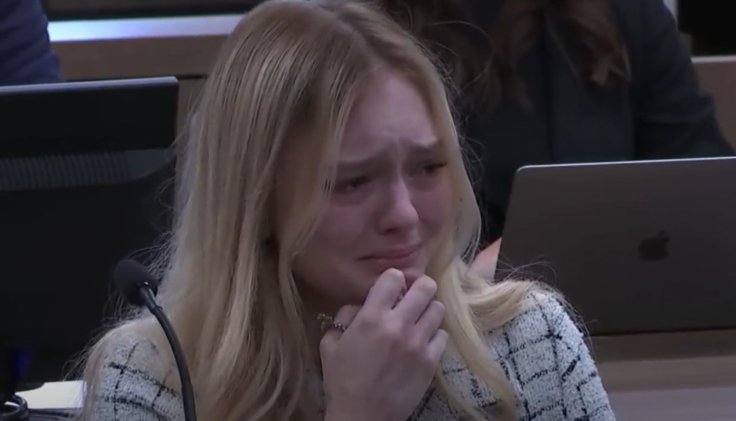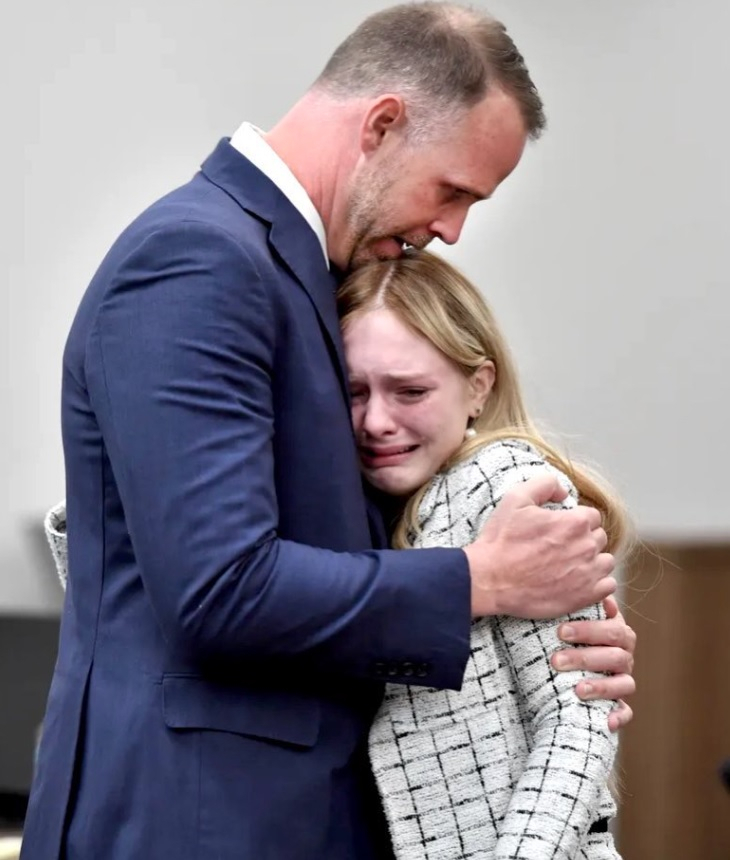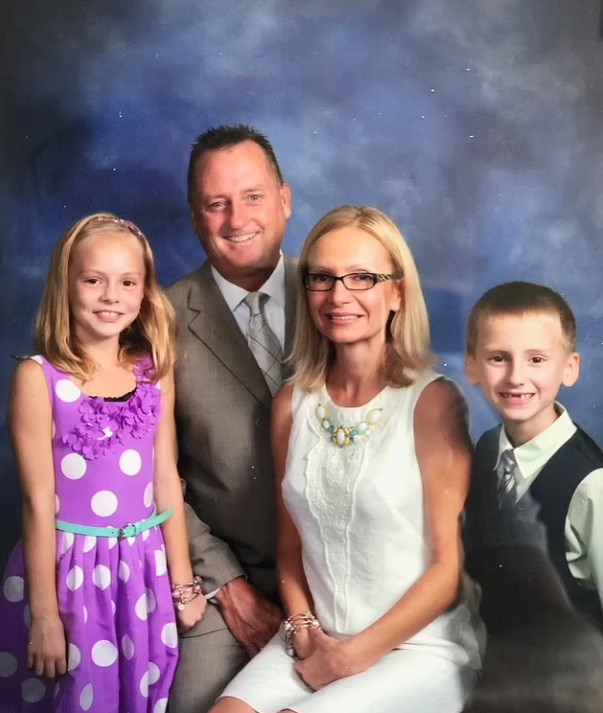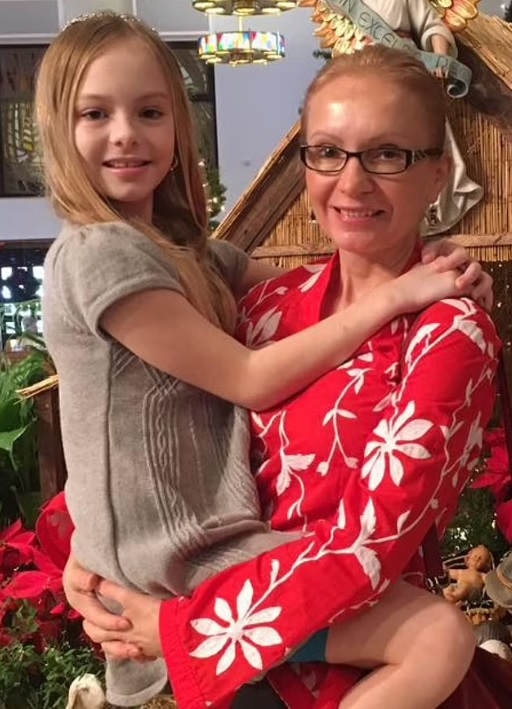Maya Kowalski was awarded over $200 million on Thursday as she won her lawsuit against a Florida children's hospital, which was held responsible for her mother's death. Jurors ruled in favor of the teenager, whose narrative is featured in the Netflix documentary 'Take Care of Maya,' finding that Johns Hopkins All Children's Hospital had falsely imprisoned her.
Maya, now 17, clutched a cross and was overwhelmed with emotion as the extraordinary verdict was announced in a tense St. Petersburg courtroom on Thursday. Maya was only 10 years old when the state removed her after doctors accused her parents of fabricating symptoms related to her rare condition, complex regional pain syndrome.
Justice at a Heavy Price

The jury determined that the emotional distress inflicted on her mother, Beata Kowalski, who was prohibited from seeing her daughter for three months, ultimately contributed to her suicide in 2017.
Maya's mother had admitted the then-10-year-old girl to the facility in 2015, telling doctors that she was suffering from a chronic pain condition necessitating risky ketamine treatments.
Breaking VIDEO: Maya Kowalski reacts to jury verdict. Jury finds Johns Hopkins All Childrens liable on all seven counts with damages in excess of $200 million. Developing... pic.twitter.com/VYBXEqXgb5
— Mark Wilson FOX13 (@MarkWilsonTV) November 9, 2023
Staff members, skeptical about Beata Kowalski's demands and the severity of Maya's condition, reached out to Florida child welfare authorities.
Maya was soon removed from her parents' custody and became an involuntary medical ward of the state.
Following 85 days of being denied access to Maya and confronting child abuse allegations, Beata Kowalski tragically took her own life in the family home's garage.

Alleging that the hospital wrongfully committed Maya and cruelly separated her from her mother, the Kowalski family filed a lawsuit against the facility seeking $220 million.
Maya and her brother broke into heavy sobs during the reading of the verdict, particularly when the clerk mentioned Beata Kowalski's suicide and the hospital's role in her death.
Maya testified during the trial that she continues to endure the debilitating effects of complex regional pain syndrome, a neurological condition.
The rare ailment can induce severe, widespread pain as a result of dysfunction in the nervous system.
Enduring Lifelong Pain
Maya told the jurors that hospital staff were dismissive of her condition and suspected her mother of suffering from Munchausen by Proxy syndrome, a situation where caregivers invent or exaggerate a child's ailments for attention.

The hospital's legal team contended that staff took extreme measures because they believed Kowalski's mother was putting her at risk with the ketamine treatments, initially initiated in Mexico.
"The reason why All Children's did what it did, the reason why All Children's tried to comfort Maya, the reason why All Children's tried to get her on a safe medical path is because the loving and caring providers at my clients' hospital believed in a better future for her if they could get her off the unnecessary drugs given at dangerous levels," hospital lawyer Ethen Shapiro said in his closing statement Tuesday
In a 2015 draft of a blog post written in her daughter's voice, Beata acknowledged the risks, expressing how a previously induced ketamine coma in a Mexican clinic could potentially lead to "total body failure/death."

Writing from Maya's perspective, she also mentioned that "if I was a horse I would be comatose or dead already" due to the severity of the treatments.
Maya's lawyers cast hospital staff as lacking empathy and going too far in separating the young girl from her mother, a decision that ultimately left her without a mother.
Jurors found that the children's hospital was liable for false imprisonment of Maya, battery of Maya, fraudulent billing of her father Jack, causing emotional distress to Beata, wrongful death claim for the estate of Beata, and intentionally inflicting emotional distress on Maya.
Kowalski cried repeatedly on the stand as she recalled her mother's care, telling jurors that she felt lonely and abandoned while under the guardianship of the state. Defense attorneys attempted to refute Kowalski's claims of ongoing suffering from the disease.
Her lawyers argued that she couldn't attend court for several days due to pain. In response, the hospital's counsel presented pictures of her out and about in town just days later, aiming to challenge the severity of her claimed health issues.

Maya pushed back, claiming that she was merely attending her graduation in one of the images and felt unfairly portrayed. The jury unanimously sided with the teenager, finding the esteemed hospital guilty of false imprisonment, malpractice, and infliction of emotional distress.
The facility is now confronting potential penalties in the tens of millions of dollars, but it is anticipated to appeal the verdict.
The specifics of the damages owed to the family were still being addressed in court at the time of writing, but jurors had already awarded the Kowalskis at least $211 million.









